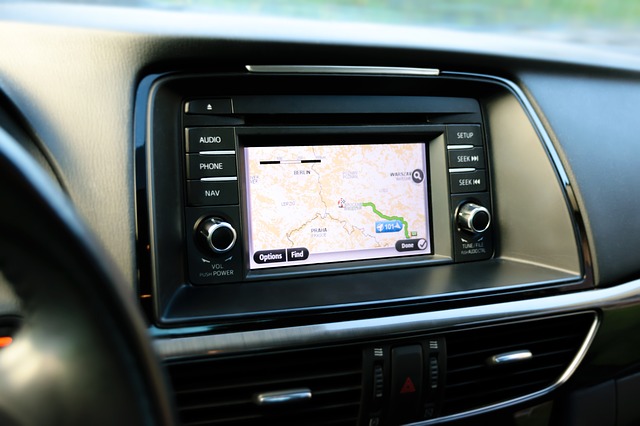Driverless cars were once the stuff of science fiction. Thanks to rapid advancements in technology, several companies and independent groups are now revealing their own versions of autonomous vehicles. With big names like Tesla and Google investing in self-driving cars, maybe it’s only a matter of time before the streets get filled with this type of futuristic vehicle?
But polishing the technology is not exclusive to global companies. In India’s Indian Institute of Technology, several researchers have embarked on their own quests to create autonomous cars.

In an article by Scroll.in, it was mentioned that three IIT campuses are currently doing research and running tests on self-driving cars. In IIT-Bombay, a couple of researchers are working on the project SeDriCa, an abbreviation for ‘self-driving car’. SeDriCa is a miniature version of an autonomous car, measuring between two and three feet and made with light materials connected to three wheels.
SeDriCa is equipped with advanced navigational features. First is a GPS device to self-track its current position and destination. It also has an inertial measurement unit to calculate motion and wheel spin to regulate movement and speed. In addition, a laser guiding system is utilised to employ a method called ‘LiDAR’ or Light Detection and Ranging – a remote sensing technology which uses a pulsed laser to assess the distance of an object with respect to the light source. This enables SeDriCa to avoid obstacles in its path.
SeDriCa placed fourth in last year’s Intelligent Ground Vehicle Competition in which 36 student teams from various countries participated. Ankit Sharma and Rishabh Choudhary, the duo behind SeDriCa, are developing their project further and plan to install the technology in a small car. The two students along with their team were shortlisted for the Driverless Car Challenge of the Rise Prize organised by the Mahindra Group. A unit of the electric car Mahindra E20 is set to be provided to the team which will be used for the project.
Meanwhile in IIT-Kharagpur, rescue operations in mining were the initial inspirations for the Autonomous Ground Vehicle Research Group in developing an autonomous vehicle. Their work, which began in 2004, eventually led to research on driverless cars four years later.
In 2012, the team entered the Intelligent Ground Vehicle Competition. Debashish Chakravarty, an associate professor who heads up the research group, stated that they already have a working prototype and that they are “trying to fine-tune the technology for Indian roads.”
Over at IIT-Kanpur, a former Ford research scientist turned assistant professor is handling two projects related to autonomous vehicles. Gaurav Pandey is currently in partnership with an international automaker to develop auto-pilot technology for cars, but he is unable to reveal details due to a non-disclosure agreement.
His other project, however, is geared towards local purposes. Pandey relayed that his team has modified a car by installing sensors to collect data as the vehicle moves inside and outside the campus.
The technology Pandey used is similar to Electronic Logging Devices (ELDs) that have been developed by Fleetmatics. What Fleetmatics’ ELDs do is gather vehicle and driver data in order to log accurate working hours to help with fleet efficiency for large logistics companies in the US. The only difference is that Pandey’s technology gathers data to guide the car autonomously instead of simply collecting vehicle data for the purposes of timesheets.
Major challenges ahead
The path towards the creation of self-driving cars is filled with several roadblocks. Apart from accurate driving, tech companies must take into consideration important factors such as human error and driver discipline.
The individuals involved in self-driving car projects are well aware of the challenges ahead. In an interview with the Economic Times, IIT-Bombay’s Ankit Sharma exclaimed, “Creating solutions in absence of adequate infrastructure and civic sense needed for driverless vehicles becomes even more challenging.” Eye contact, hand signals and other similar types of road behaviour might not be properly interpreted by today’s computer systems without the assistance of a human operator.
Nevertheless, the IIT teams are confident that they can develop fully autonomous cars that could adapt well to the nation’s traffic conditions, and the challenges just seem to motivate them more. Sharma further stated, “If we can have a solution that can work in India, it will undoubtedly work anywhere in the world.”




